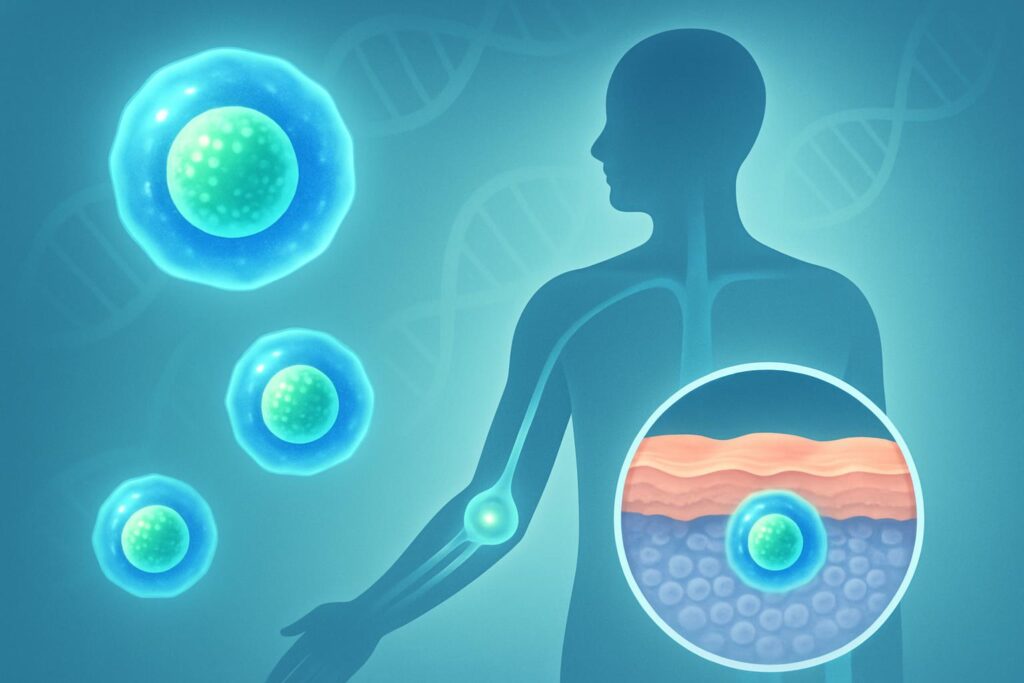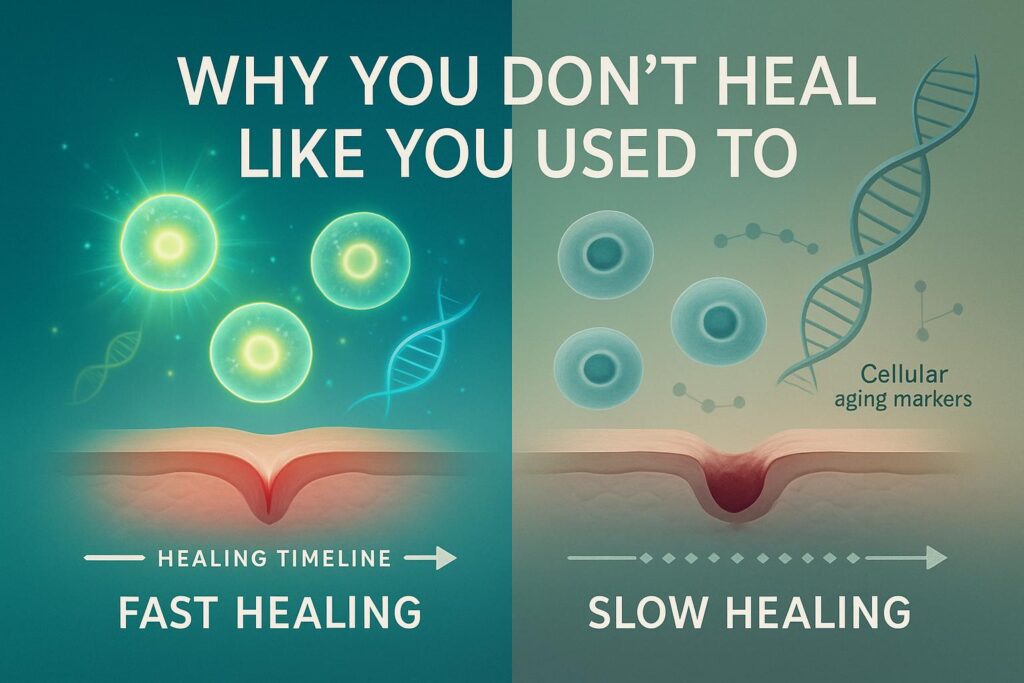CRISPR Therapeutics has achieved a significant milestone with the U.S. Food and Drug Administration (FDA) approving CASGEVY™ (exagamglogene autotemcel [exa-cel]), a groundbreaking CRISPR/Cas9 gene-edited cell therapy. This approval makes CASGEVY available for the treatment of transfusion-dependent beta thalassemia (TDT) in patients aged 12 and older. Approximately 1,000 patients in the U.S. are now eligible for this one-time treatment.
Samarth Kulkarni, Ph.D., the CEO of CRISPR Therapeutics, expressed satisfaction with the approval, which highlights the potential of CRISPR technology in treating serious diseases. The treatment involves a non-viral, ex vivo gene-editing process where a patient’s own hematopoietic stem and progenitor cells are modified. This process results in the production of fetal hemoglobin (HbF) in red blood cells, offering significant therapeutic benefits.
The administration of CASGEVY requires specialized experience in stem cell transplantation. Vertex Pharmaceuticals, a partner of CRISPR Therapeutics, is coordinating with hospitals across the U.S. to create a network of authorized treatment centers for CASGEVY. This collaboration includes establishing nine such centers, with plans to activate additional ones.
Transfusion-Dependent Beta Thalassemia is a severe genetic disease requiring lifelong treatment, including frequent blood transfusions and iron chelation therapy. It can cause various complications and significantly impacts the quality of life and life expectancy of patients. CASGEVY™ represents a transformative approach in the treatment of this disease, offering a potential cure that was previously limited due to a lack of available donors for stem cell transplants.
The CRISPR and Vertex collaboration, formed in 2015, focuses on utilizing CRISPR/Cas9 for developing treatments for genetic diseases, with CASGEVY™ being their first successful outcome. CRISPR Therapeutics continues to advance its portfolio across various disease areas, including hemoglobinopathies, oncology, regenerative medicine, cardiovascular, and rare diseases.
This approval is not only a significant advancement in treating TDT but also demonstrates the substantial potential of gene editing technologies in the medical field.



